Filter By
Name
Availability
Consultation Mode
Gender
Price Range
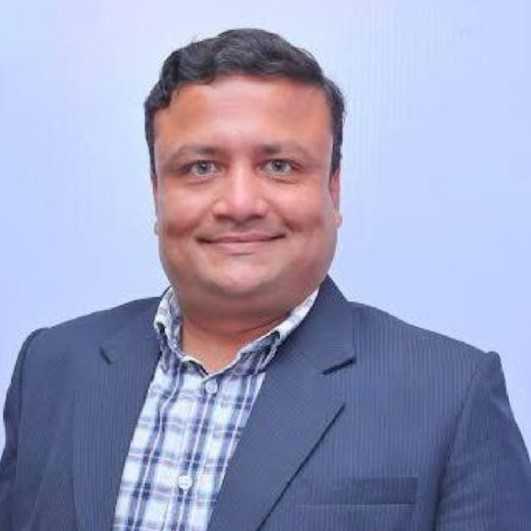





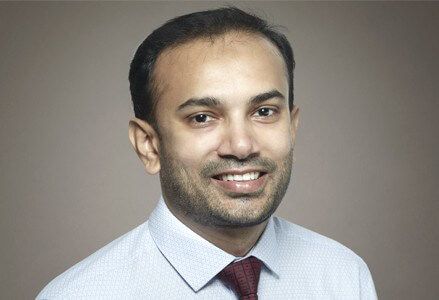



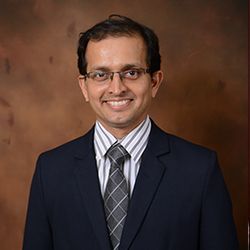

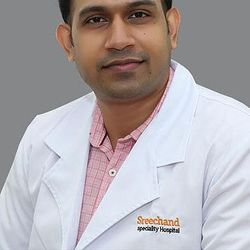


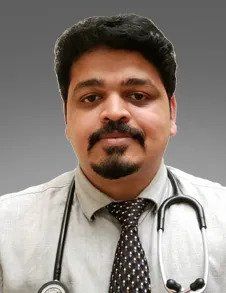
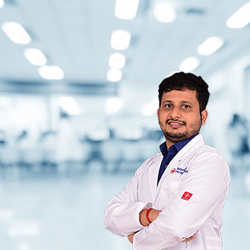
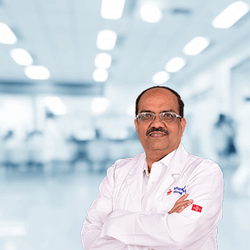
Find the best Gastroenterologists here!
What is a Gastroenterologist?
A gastroenterologist is a doctor who specialises in the diagnosis and treatment of gastrointestinal disorders. Gastroenterologists have specialised training that allows them to give high-quality, comprehensive care to patients suffering from a variety of gastrointestinal disorders. Gastroenterologists are professionals in the field and perform the majority of research involving gastrointestinal endoscopic procedures as well as the interpretation of data. Gastroenterologists are distinguished from other physicians who provide some similar services by their capacity to give more complete, accurate, and thorough care for patients with gastrointestinal disorders.
What diseases or medical conditions can be treated by Gastroenterologists?
The gastrointestinal (GI) tract, which runs from the mouth to the anus, is affected by gastrointestinal illnesses. Nausea/vomiting, food poisoning, lactose intolerance, and diarrhoea, irritable bowel syndrome, reflux esophagitis, hemorrhoids, bloody stool, cramping, bloating, gastro-oeosphageal acid reflux, pancreatitis (pancreas inflammation), hepatitis, inflammatory bowel disease, jaundice, polyps in the large intestine, gastrointestinal cancer are some of the medical conditions treated by gastroenterologist.
When should I visit Gastroenterologist?
If you're having problems with your bowel movements, persistent constipation or diarrhoea you should see a doctor right once. Constipation can be a symptom of a variety of underlying health conditions, including neurological difficulties, obstructions, hormonal imbalances, and more. The appearance of jaundice indicates that your liver is not functioning properly. It could be caused by viral hepatitis (Hepatitis B or C), alcoholic hepatitis, autoimmune hepatitis, CBD stones, malignancy, and other factors. To detect the source of jaundice and cure it, you should see a gastroenterologist as soon as feasible. Seeing blood while you use the toilet or presence of blood in vomitings can be highly alarming. Abdominal pain and bloating, consistent heartburn, difficulty in swallowing liquids or solids and it is continually worsening if you notice any of the preceding symptoms, you should immediately seek the advice of a qualified gastroenterologist.
What tests does a Gastroenterologist recommend?
Celiac disease antibody screening test, immunoglobulin A test, lactose tolerance test, occult blood, fecal, immunoassay, upper gastrointestinal series, upper GI endoscopy, endoscopic retrograde cholangiopancreatography (ERCP), pancreas scan, liver scan, liver biopsy are some of the test and procedures that a Gastroenterologist suggest to get a proper diagnose of your condition.
Gastroenterologist - FAQs
1) How does a gastroenterologist check your stomach?
Gastroenterologists utilise an endoscope, a long, thin, flexible tube with a tiny video camera and light on the end, to perform an EDG. The gastroenterologist can securely manoeuvre the endoscope to inspect the interior lining of the upper digestive system by manipulating the settings on the endoscope.
2) Do Gastroenterologists Perform Surgery?
No. Endoscopic procedures are performed by gastroenterologists, however they do not do surgery. They collaborate closely with surgeons as necessary.
3) What type of issues may a gastroenterologist examine for?
If you have any signs of a digestive health problem or if you need a colon cancer screening, you should consult a gastroenterologist.
4) What Kinds of Treatments Are Used?
If a problem with the gastrointestinal tract or system is discovered, your GI specialist may consider getting rid of polyps which is done with the help of an endoscope, stents can be placed in the oesophagus, colon, duodenum, or bile duct thereby allows the comfortable passage of bodily fluids, solids, and waste, and other surgical procedure if needed
5) Do I need to bring medical records with me?
If you have seen another doctor for the same medical concern then it would be better to carry the copies of your records to the gastroenterologist.
Patient Services
Provider
All rights reserved by ShopDoc
A MobeedCare Pvt Ltd company
